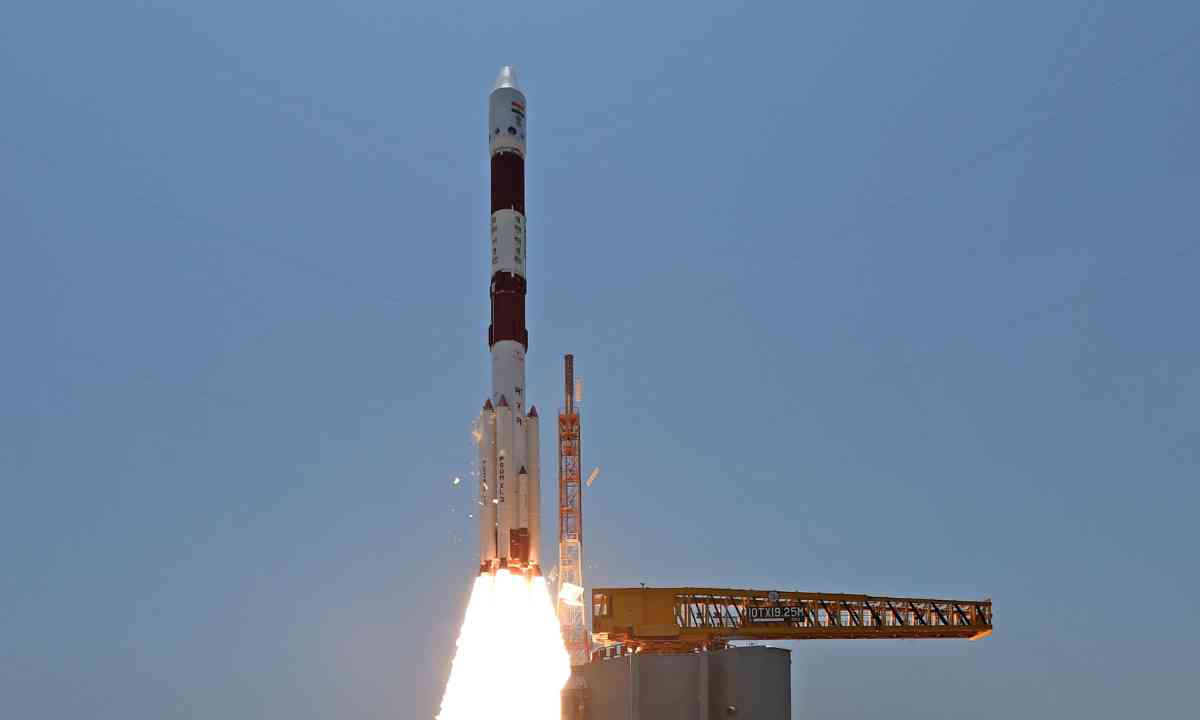India is gearing up for the New Year by launching the country's first X-Ray Polarimeter Satellite (XPoSat) on January 1. Accompanying this scientific marvel into space will be the trusty Polar Satellite Launch Vehicle (PSLV), which is the backbone of the Indian Space Research Organisation's missions.
After NASA World's second polarimetry mission
The XPoSat mission aims to explore the polarization of powerful X-ray sources, positioning India as a leader in space-based polarimetry. This mission will not only be India's inaugural dedicated polarimetry mission but also the world's second, after NASA's Imaging X-ray Polarimetry Explorer (IXPE) launched in 2021.
_1703690668.jpg)
XPoSat will closely be looking at the 50 brightest celestial objects in the universe, including pulsars, black hole X-ray binaries, active galactic nuclei, neutron stars, and non-thermal supernova remnants. These enigmatic outposts reside in the vast expanse of outer space.
The XPoSat mission is expected to revolutionize our understanding of the universe. It will add two crucial dimensions, degree and angle of polarization, to the existing spectroscopic and timing data, potentially resolving uncertainties in current theoretical models of astronomical emissions.
What is Space-Based Study of X-Ray Polarimetry?
Internationally, the study of X-ray polarization in space is becoming increasingly significant. NASA's first-ever space mission dedicated to this field, the Imaging X-ray Polarimetry Explorer (IXPE), was launched on December 9, 2021. Its primary objective is to analyze X-ray polarization in different celestial bodies.

IXPE is dedicated to unravelling the mysteries surrounding some of the universe's most extreme phenomena. These encompass investigating the study of the remnants of supernova explosions, the particle streams emitted by feeding black holes and other captivating cosmic incidents.
To be launched on January 1
Isro has declared that the XPoSat mission is scheduled to launch at 9:10 am on January 1, signifying a major achievement in India's space exploration progress. The satellite will be positioned in a circular low Earth orbit of 500700 km and is expected to operate for a minimum of five years.
XPoSat is expected to bring great benefits to the global Astronomy community. In addition to its ability to make timing and spectroscopy observations, the information obtained from X-ray polarization measurements, particularly on celestial objects such as black holes, neutron stars, and active galactic nuclei, has the potential to greatly enhance our understanding of their physics. The extensive discussions on the XPoSat mission in various forums over the past few years have highlighted the excitement within the community, demonstrating a collective enthusiasm to analyze XPoSat data and involve students in these scientific endeavours. Furthermore, the mission will play a crucial role in developing expertise in X-ray polarimetry in India, laying the groundwork for future advancements and fostering collaboration within the Astronomy community.
(With Input from agencies)
© Copyright 2023. All Rights Reserved Powered by Vygr Media.


























